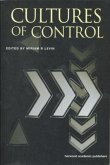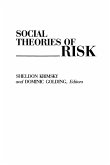Research in action engages the researcher who wants to live up to the challenges of contemporary science and to contribute to innovation and social change. This ambition to contribute to change raises many questions. How to define the main target group of the research? What role does this group play in the research? Which methods of data collection are most appropriate? Who are the commissioners of the research and do their interests match with those of the prime target group? How to deal with power relations in research situations? What do these issues mean for the relation of researcher with the people in the researched situation? And, last but not least, what does it all imply for the researcher him- or herself? These questions have to be dealt with in situations in which the design and organization of the research is still open but also in situations where these have already been preformatted through the research proposal or earlier developments. In any case, they have to be framed in the theoretical considerations of what is science. This book aims to assist scholars and practitioners who would want to deal with this kind of research and questions. The book does not offer recipes, nor fixed scenarios. It presents a series of practical research cases and theoretical insights by experienced researchers who themselves struggled with what is probably the most meaningful questions of the science today. The practical examples of research in action are from different disciplines and include themes from health care, policy research, agricultural technology and education, in Northern and Southern context. Four leading themes of research in action are introduced in the first chapter. In the last chapter the editors return to the dilemmas research in action and try to clarify the options and responses that are possible in different situations.
Bitte wählen Sie Ihr Anliegen aus.
Rechnungen
Retourenschein anfordern
Bestellstatus
Storno








